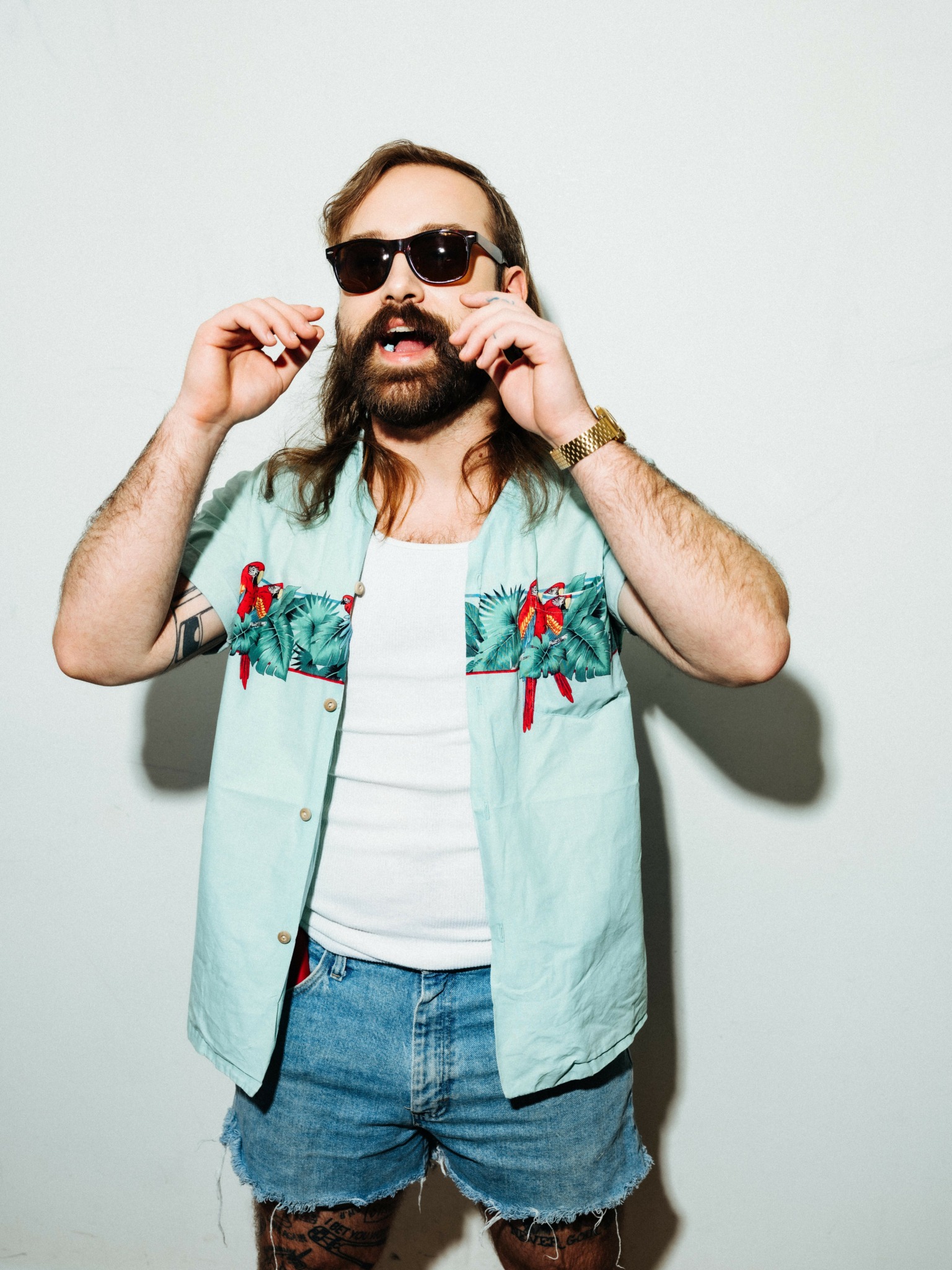We were lucky to catch up with W. Ian Ross recently and have shared our conversation below.
W. Ian, looking forward to hearing all of your stories today. One of the things we most admire about small businesses is their ability to diverge from the corporate/industry standard. Is there something that you or your brand do that differs from the industry standard? We’d love to hear about it as well as any stories you might have that illustrate how or why this difference matters.
Empathetic Transparency. I don’t know if this is an actual term, but to me, it means giving people enough context to understand why things are the way they are and exactly what they’re agreeing to by signing up to work on your project, especially if it’s low-budget. It’s the foundation of trust, and when it gets lost in the shuffle during prep, it’s hard/impossible to reestablish during production has begun.
Transparency means different things are different stages of prep. With directors, it means defining the reality that comes with a tight budget and having the difficult conversations to align on what’s important. With crew, it means involving them in crucial decisions before it’s to late to have a positive impact on planning. Regardless, it just comes down to considering what might make these trusted team members feel undervalued or confused later on down the road when hard decisions arise and giving them enough information to influence how things are done.
I don’t necessarily think the industry standard is against transparency, but on most shoots I produce I run into a few crew members who generally distrust production/producers as a form of self-protection. It’s not uncommon to hear a sentiment like “us vs production” and that’s become my main concern as a producer. I’ve found that the happier the crew is, the easier it is to finish on time and on budget.
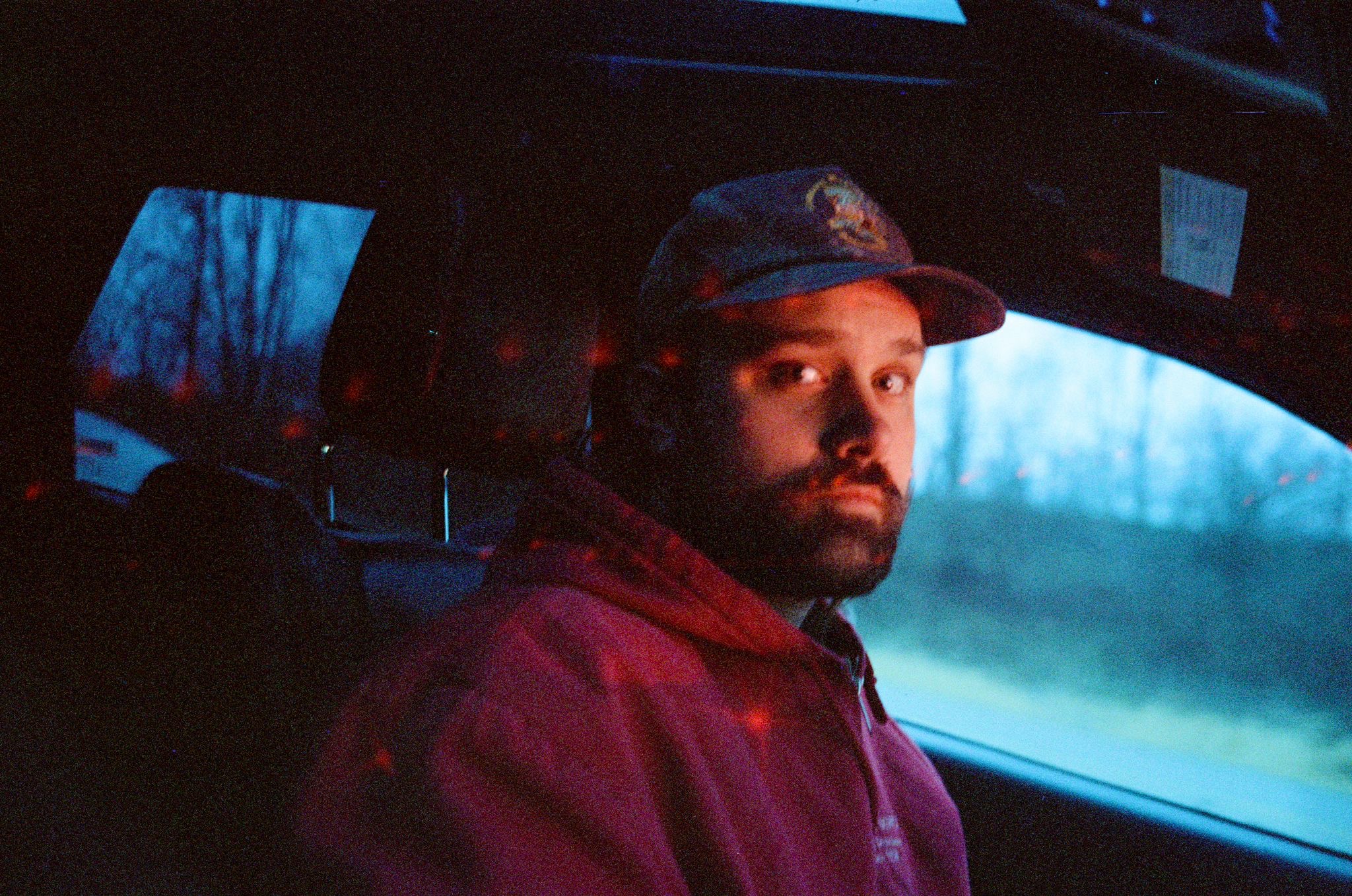

Great, appreciate you sharing that with us. Before we ask you to share more of your insights, can you take a moment to introduce yourself and how you got to where you are today to our readers.
I am a multi-hyphenate Line Producer based in Crown Heights, Brooklyn, working in the NYC film industry. My job involves budgeting, general operations management, crew + vendor relations, and a lot of scheduling for films and commercials. This is the kind of job that usually requires a type-A, detail-oriented mind that is good with rules and money and structure, all of which are qualities I was born without, lol. I fell into this position because I like to help people, and that impulse is what keeps me pursuing this work and pushing myself to grow and improve.
I say I “fell” into this role as a producer because I wasn’t pursuing it at all when I got the chance to start. I wanted to direct and act, but right after college, I got in tight with a director who needed help on some ambitious music videos and we kinda just kept working together after that. He and I did a lot of documentary work and developed our own approaches to find interesting people and gain access to their lives and stories. A long series of short projects eventually led to a feature documentary called Maybe This Year about Philadelphia Eagles football fans, some NFL commercial work and a short documentary called The Sentence of Michael Thompson that aired on MSNBC and was nominated for an Emmy.
By the time of the Emmy nomination we had stopped working together due to personal differences and that kinda leads us to current day. I’m in pre-production on my fourth narrative feature film, I just finished production on another feature documentary and a crazy short film with director Salomon Ligthelm.
I’m fortunate to be in the position I am now with so many wonderful projects going on. Although I am undoubtedly still paying my dues, I feel like I’ve finally accumulated enough experience to feel like a bit of an expert. Being self-taught left me with some weird gaps in my knowledge as a producer and it’s taken me a long time to wrap my head around how that impacts the way I operate. Ultimately, I’ve learned to trust my value system in a way that allows me to uplift those around me while working together and encourage decisions that make it easy to sleep at night.
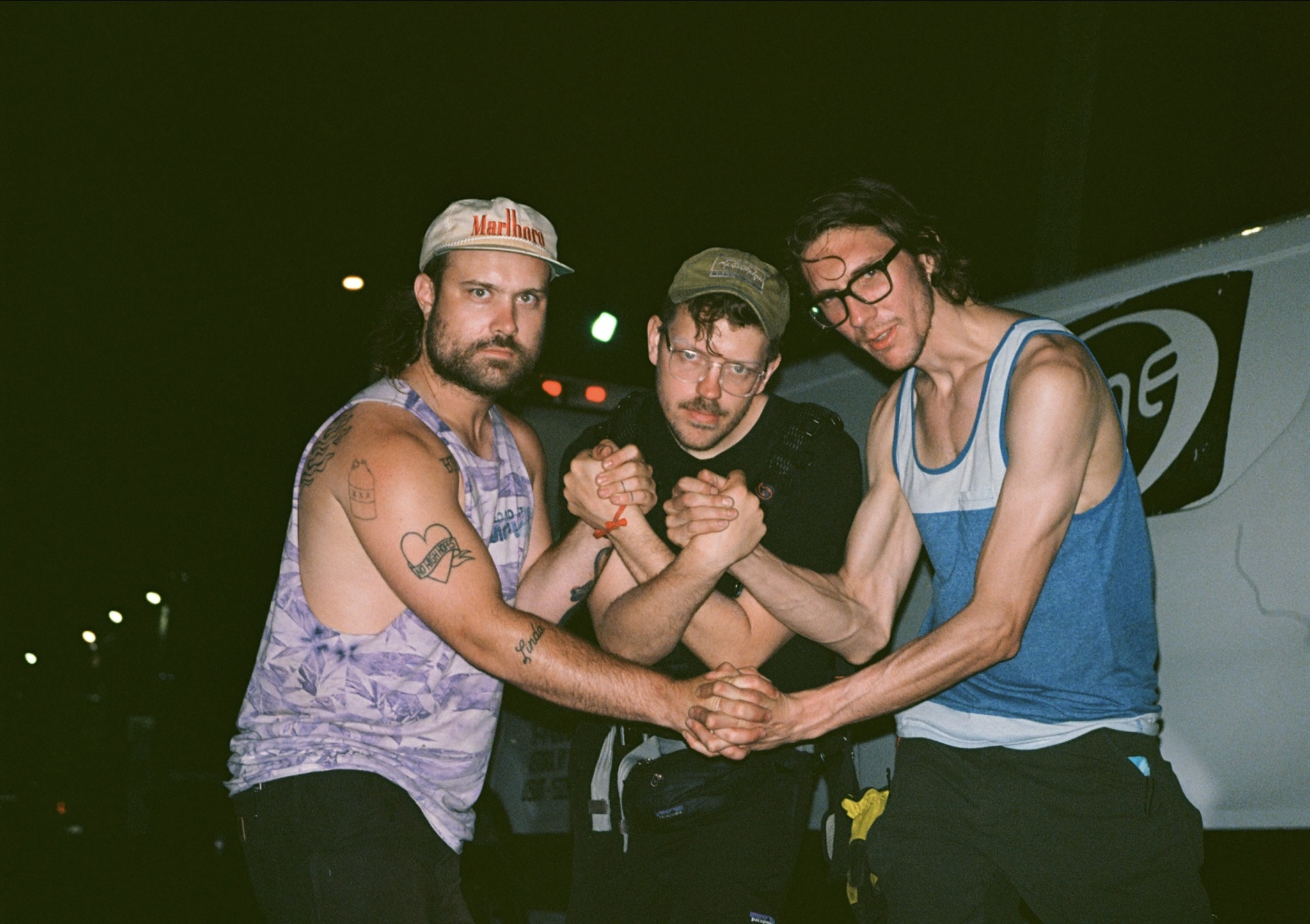

We’d love to hear about how you met your business partner.
I co-founded our little production company, Grease NYC, with Marc Baill (producer) and Alexa Carroll (cinematographer) back in 2018 when we were living together in Bushwick, Brooklyn and Marc was producing a lot of shoots for this energy drink company called GFuel. Our good friend Nick Merola worked there for a long time. But, basically we made the company so that these productions and anything else that came our way would be easier and more sustainable, it was never about building something that attracted new work, which has since bit us in the but a bit.
Marc, Alexa, and I met at college in Philly. They were a year younger than me, and we worked together frequently on student projects. Marc produced my thesis film with another old friend, Molly Morris, who worked at the Philly Film Office for a long time, while Alexa and I did a bunch of experimental projects together. After I graduated in 2015 I stayed in Philly for a year doing manual labor, writing script ideas and constantly driving up to NYC to work as a grip. Once they graduated the following year, I moved up to Brooklyn with them, and the rest is history. We lived together until 2020 when I moved in with my girlfriend the day the world shut down for COVID.
Nowadays, Grease still serves a supplemental role in our work lives, but it’s also made it possible for us to support our friends’ projects in meaningful ways. In the past two years, we’ve insured about 10 separate passion projects, I’ve personally produced 5 or 6, and we’ve supplied cheap/free gear to even more. Our community of friends and creators is growing with every project, and although we could benefit from a little more income, it feels like we’re doing something important. It feels like we’re becoming a pillar in our little pocket of the film industry, and I am immensely proud to serve that role and make these projects possible.

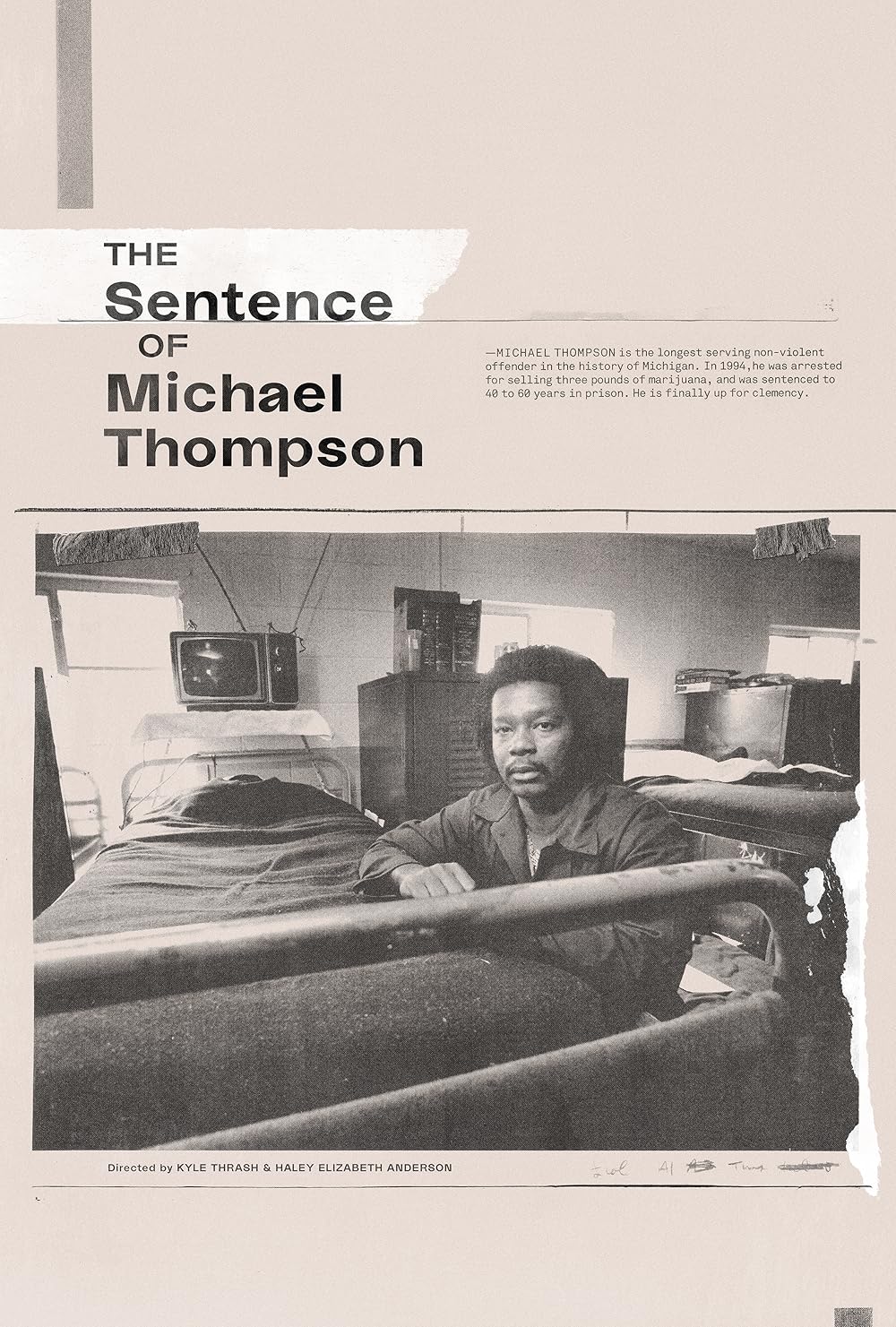
How do you keep your team’s morale high?
I like this question. I have a million different things to say here, but I’m going to focus on five pieces of advice for anyone taking on a low-budget project that requires significant group coordination. That could mean film production, photo or even DIY home renovation.
1. Define why you are taking on this project and what would make it worth it for others to join you. Why will this be worth it? What are you guaranteed to gain from this? What can you offer to others to make it worth their time to help?
Define your values & priorities, and you will provide yourself a road map to guide yourself through difficult decisions down the line. With low-budgets it is always a game of “give-and-take”, and if you know what you can’t live without you can welcome your team into your value system and allow them to make guided decisions that align with the collective goal.
2. Schedule before you budget. Your budget does not determine the amount of time you need, it’s the other way around. Sticking to your schedule does more for morale than almost anything else.
3. Consider people’s personal lives and professional expectations when asking for favors and make it worth the effort when they sign on. If someone is working for less than their normal rate, you have to make it worth their time and everyone will have different reasons. Some are learning a new position, some want an excuse to be creative, and others need work for their portfolio. Figure out what makes them want to help you out and help them get something out of this for themselves.
4. If you can do it before you show up, do it before you show up. Something always goes wrong on set, you need to allow yourself time and mental space to handle those unpredictable aspects without affecting your ability to meet the basic logistical or practical needs of your team.
5. SAY THANK YOU. Anytime anyone does anything, thank them. I’m not kidding.
Contact Info:
- Website: https://wianross.com
- Instagram: @worst.bad
- Linkedin: https://www.linkedin.com/in/w-ian-ross-636570168/
- Other: https://Grease.nyc
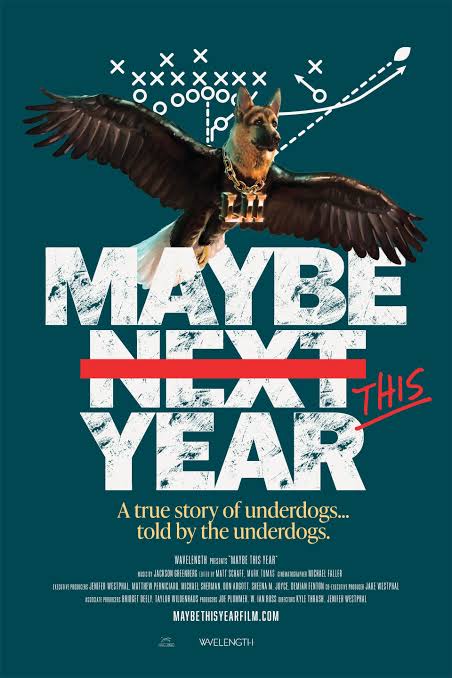

Image Credits
Taxi Photo – Talent, Paige Desorbo. Photographer, Timothy Shivers
Crosswalk Image – Talent, Julia Garner. DP, Ben Carey.
Maybe This Year – Wavelength Productions
The Sentence of Michael Thompson – MSNBC, Synonymous Pictures & Cresco Labs


